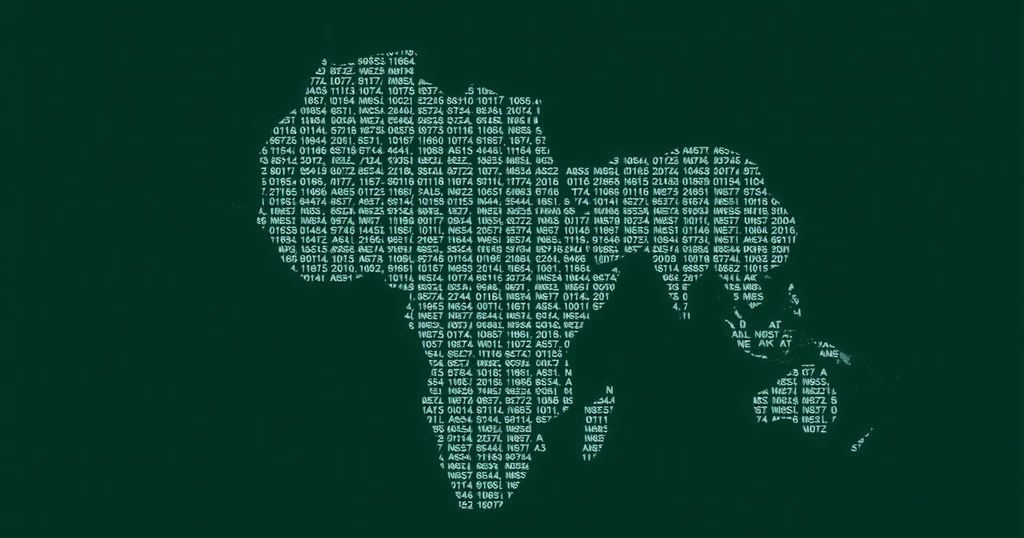Unified Passport Initiative by Burkina Faso, Mali, and Niger: A Step Towards Regional Cooperation
Summary
Burkina Faso, Mali, and Niger have introduced a unified passport under the AES Sahel initiative, eschewing emblems associated with ECOWAS. Amidst political tensions and previous sanctions following military coups, this passport aims to facilitate travel among the three countries while highlighting ongoing challenges in relations with ECOWAS. Insights from Dr. Moussa Abdoullahi point to the necessity of dialogue for resolving movement issues across the regional framework.
The AES Sahel group, consisting of Burkina Faso, Mali, and Niger, has announced the issuance of a unified passport for its member countries. This new passport will not bear any emblems associated with either ECOWAS (Economic Community of West African States) or CEDEAO, marking a significant development amid ongoing tensions between these three nations and the ECOWAS bloc, particularly regarding their previous suspension from ECOWAS due to military coups. Dr. Moussa Abdoullahi, a scholar in diplomacy and international politics, commented in an interview with BBC, stating that travel restrictions between the three AES Sahel countries have been lifted, while issues may still arise concerning traversing between the AES Sahel and ECOWAS members. He expressed optimism regarding the potential for resolving these disputes, stating, “If understanding is achieved, the populations of the member countries will be able to move freely among all the nations without issue.” In January, the three countries withdrew from ECOWAS, expressing dissatisfaction with the organization’s effectiveness in addressing their concerns, especially following the imposition of sanctions due to political instability. The governments of Niger, Mali, and Burkina Faso have frequently distanced themselves from collaboration with other African nations, including Nigeria, and have conveyed intentions to exit ECOWAS amid ongoing sanctions. ECOWAS has previously imposed sanctions on these nations in response to the overthrow of democratic governments, facing increasing pressure from various organizations and individuals to lift these sanctions. The establishment of a unified passport could symbolize a step towards further cooperation and reduced tensions in regional relations.
The creation of a single passport among the AES Sahel members—Burkina Faso, Mali, and Niger—reflects their desire for enhanced regional solidarity separate from the ECOWAS framework. This move takes place in the context of these nations’ ongoing estrangement from ECOWAS, following sanctions imposed due to military coups that undermined their democratic governance. The historical backdrop of strained relationships between these countries and ECOWAS highlights the significance of this new passport initiative as a means to foster easier movement among the member states while potentially paving the way for future negotiations regarding their status within ECOWAS.
The issuance of a unified passport by Burkina Faso, Mali, and Niger under the AES Sahel initiative symbolizes a pivotal step toward enhancing travel and cooperation within these nations. However, the ongoing tensions with ECOWAS and the entangled political situations could pose challenges to their efforts for reintegration into the broader regional framework. Dr. Moussa Abdoullahi’s insights underline the importance of dialogue and understanding in overcoming barriers to movement, suggesting that a cooperative approach may yield positive outcomes for all parties involved.
Original Source: www.bbc.com








Post Comment